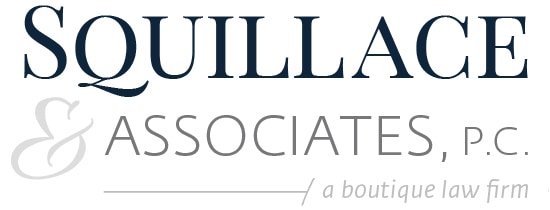When you do not have a medical power of attorney and a living will, someone else will still need to make decisions about your healthcare.
Although we may not always recognize it, financial decisions and tasks are a part of our everyday lives. They range from daily spending habits to more complex retirement planning.
Like death, incapacity looms large, especially as you get older. Acknowledging the very real risk of incapacity is the first step in addressing it.
Estate planning is not just for the wealthy – or older adults, married couples, or any other single category of individual. Wills are beneficial for everyone.
It is important for women to take care of themselves through financial and estate planning designed to provide for their own future needs.
You may associate the month of December with giving holiday gifts, but it is also a great time for you to think about the valuable estate planning opportunity presented by year-end gift giving.
One of the dirtiest tricks that can be played on an unsuspecting family member may be lurking in the shadows: The way you own your property does not match your estate plan.
While it is certainly important to plan for what happens after you die, it is equally important to plan for instances where you may be incapacitated.
Millennials are known to have markedly different social and professional traits compared to their Generation X and Baby Boomer parents.
ACTEC Fellow Bernard A. Krooks, an elder law expert, reviews the essential legal document such as Durable Power of Attorney (aka Financial Power of Attorney), and Advanced Healthcare Directives (Healthcare Proxy and Living Will) that should be in place.
